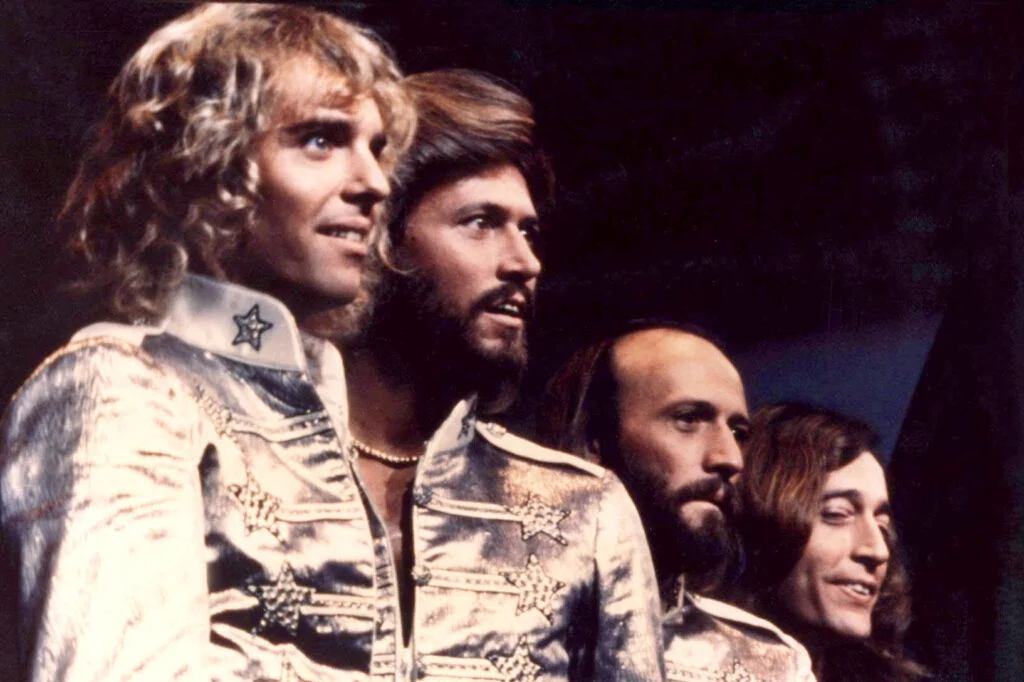1. Peter Frampton
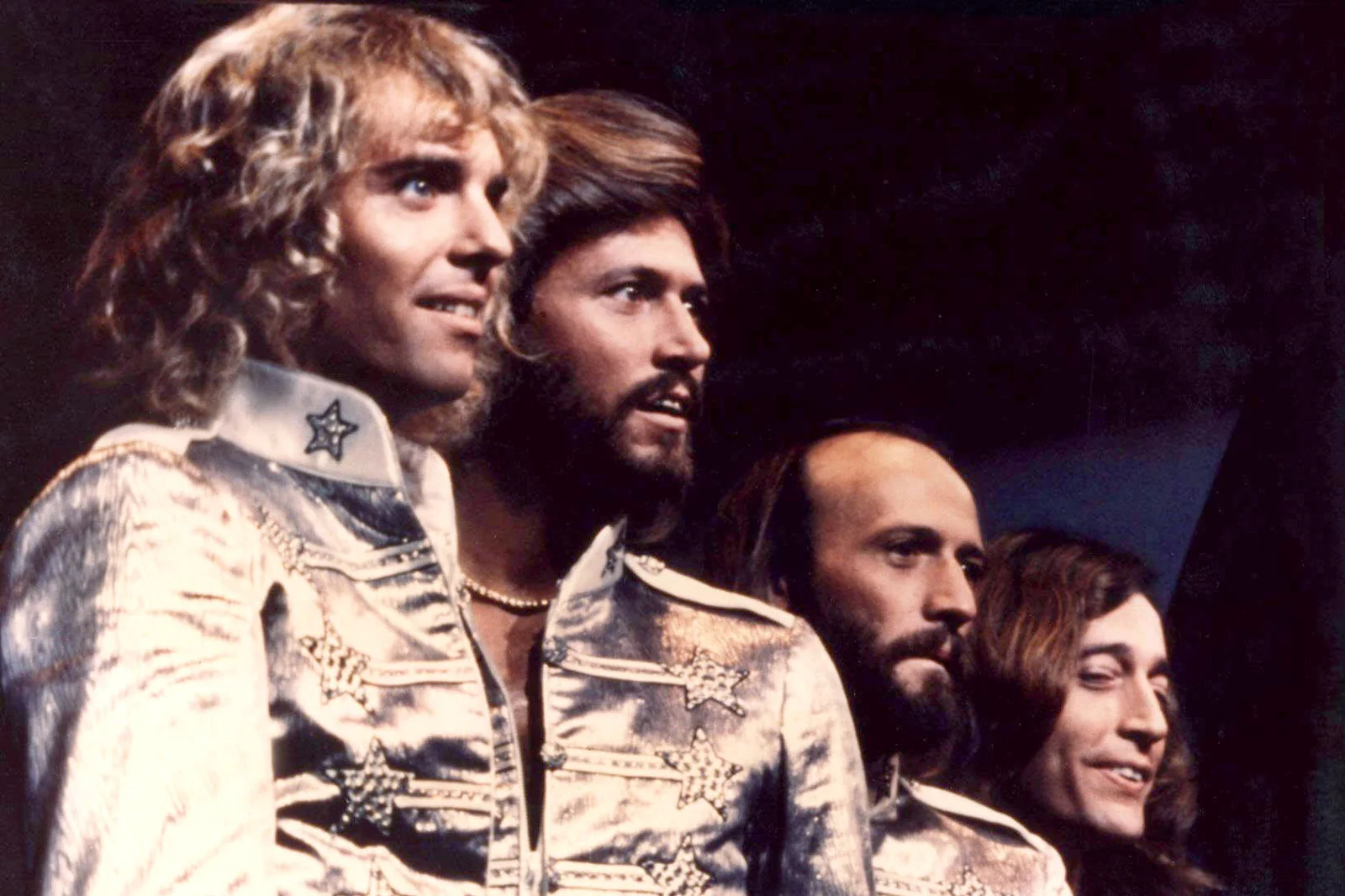
There was a moment in the ’70s when you couldn’t turn on the radio without hearing “Baby, I Love Your Way.” Peter Frampton became a household name with Frampton Comes Alive!, an album that turned him into a rock idol almost overnight. His use of the talk box became iconic, and suddenly everyone wanted to sound like him. He had the hair, the charm, and the guitar chops to match, making him a heartthrob and a serious musician all in one.
But fame burned fast and bright. His follow-up albums never reached the same heights, and a starring role in Sgt. Pepper’s Lonely Hearts Club Band didn’t help matters. By the early ’80s, Frampton had quietly stepped back from the spotlight. He kept playing music but never chased fame the same way again.
2. Suzi Quatro
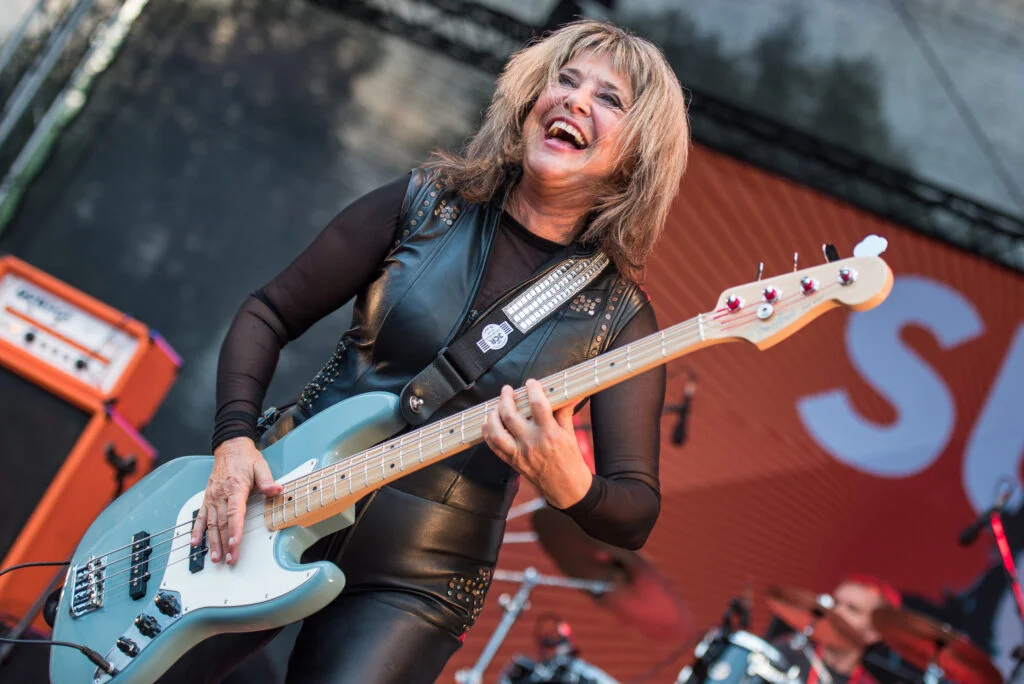
Suzi Quatro broke down barriers as one of the first female bassists to front a successful rock band. With her leather jumpsuits, gritty vocals, and killer stage presence, she carved out a space in a male-dominated scene and made it clear women could rock just as hard. Songs like “Can the Can” and “Devil Gate Drive” gave her international stardom, especially in Europe.
But while she was a trailblazer, her mainstream U.S. success didn’t last. After a stint on Happy Days as Leather Tuscadero, she started stepping away from the charts and toward theater and TV. She kept recording and performing but didn’t try to reclaim her ’70s spotlight. Even if her name faded, her influence never really did.
3. Terry Kath
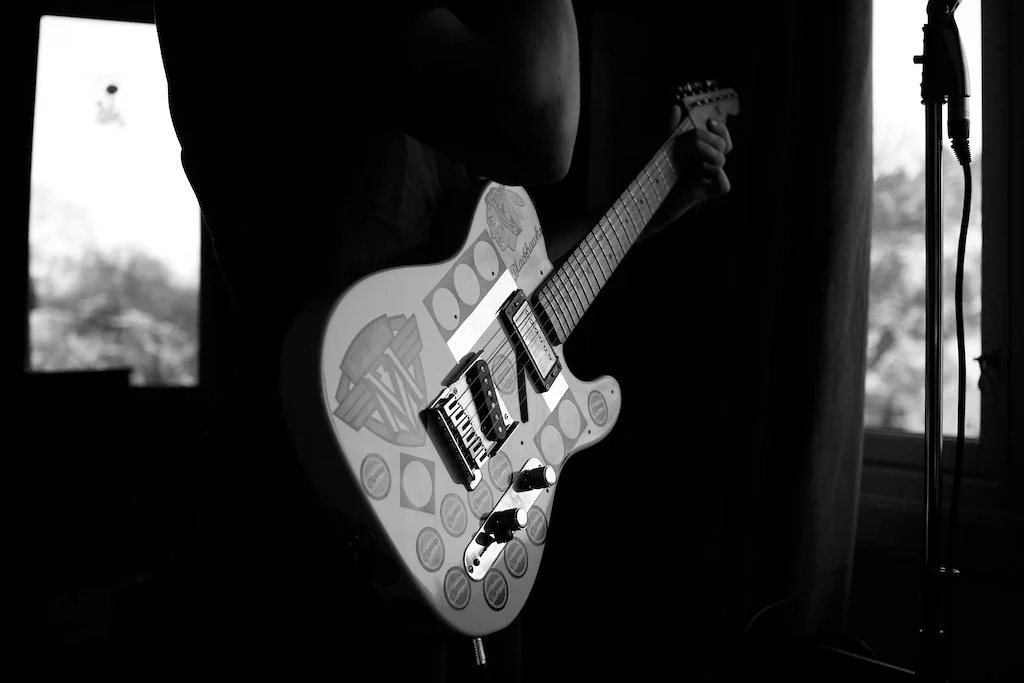
Terry Kath was the original guitarist and co-lead vocalist of Chicago, and to many fans, he was the soul of the band. His guitar playing was so respected that even Jimi Hendrix reportedly called him better than himself. With songs like “25 or 6 to 4,” he showed off a raw, emotional power that helped define Chicago’s early rock sound.
Tragically, Kath’s story ended far too soon. In 1978, he died from an accidental self-inflicted gunshot wound while handling a firearm. After his death, the band’s sound shifted dramatically toward pop, and Kath’s name slowly slipped from mainstream memory. But among rock circles, he remains one of the most underrated legends of the era.
4. Rick Derringer
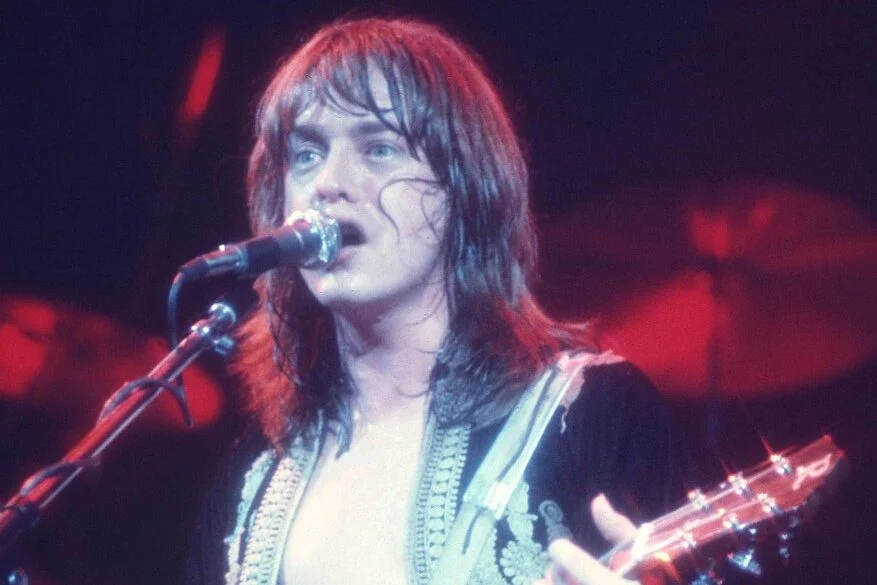
Rick Derringer scored a hit with “Rock and Roll, Hoochie Koo” that became a staple of ’70s rock radio. He had already made a name for himself with The McCoys (“Hang On Sloopy”) and as a sideman for big names like Johnny Winter. His guitar work and swagger gave him serious rock cred, and he seemed poised for a long solo career.
But after his early success, Derringer’s career took an unpredictable path. He moved into producing, worked on Christian rock albums, and became a behind-the-scenes figure. While he never fully disappeared from music, he stepped away from the spotlight. His name might not ring out as loudly today, but his guitar still speaks in classic rock history.
5. Ronnie Lane
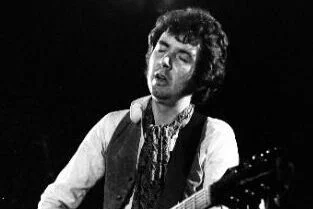
Ronnie Lane co-founded two of the most beloved British rock bands of the ’70s: Small Faces and Faces. As a bassist and songwriter, he gave both bands a warm, rootsy sound that felt like a pub singalong wrapped in rock and roll. When Faces hit it big with Rod Stewart, Lane quietly slipped away to focus on more introspective music.
Instead of chasing fame, Lane pursued a quieter life, forming his own band, Slim Chance. He was later diagnosed with multiple sclerosis, which slowed his career even further. He moved to the U.S. for treatment and eventually passed away in 1997. Though he stepped away from the limelight, the music he helped create still inspires.
6. Grace Slick
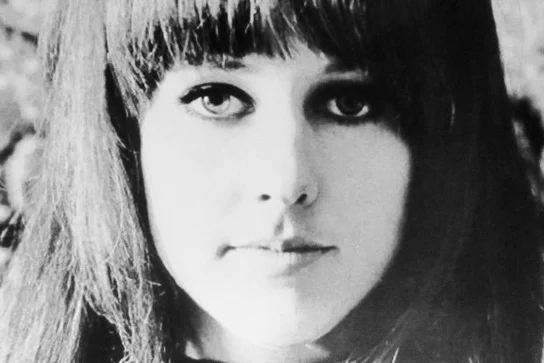
Grace Slick was a face and voice of the counterculture, fronting Jefferson Airplane and belting out anthems like “White Rabbit” and “Somebody to Love.” Her voice was fierce and fearless, and she stood as one of the few women holding court in psychedelic rock. She didn’t just sing songs, she declared them, making her a force on and off stage.
But by the late ’80s, Slick decided enough was enough. She retired from music, saying rock was a young person’s game. While her bandmates continued to reunite in different forms, she stayed mostly out of the public eye and turned her attention to painting. She may have walked away, but no one who heard her ever really forgot her.
7. Alvin Lee
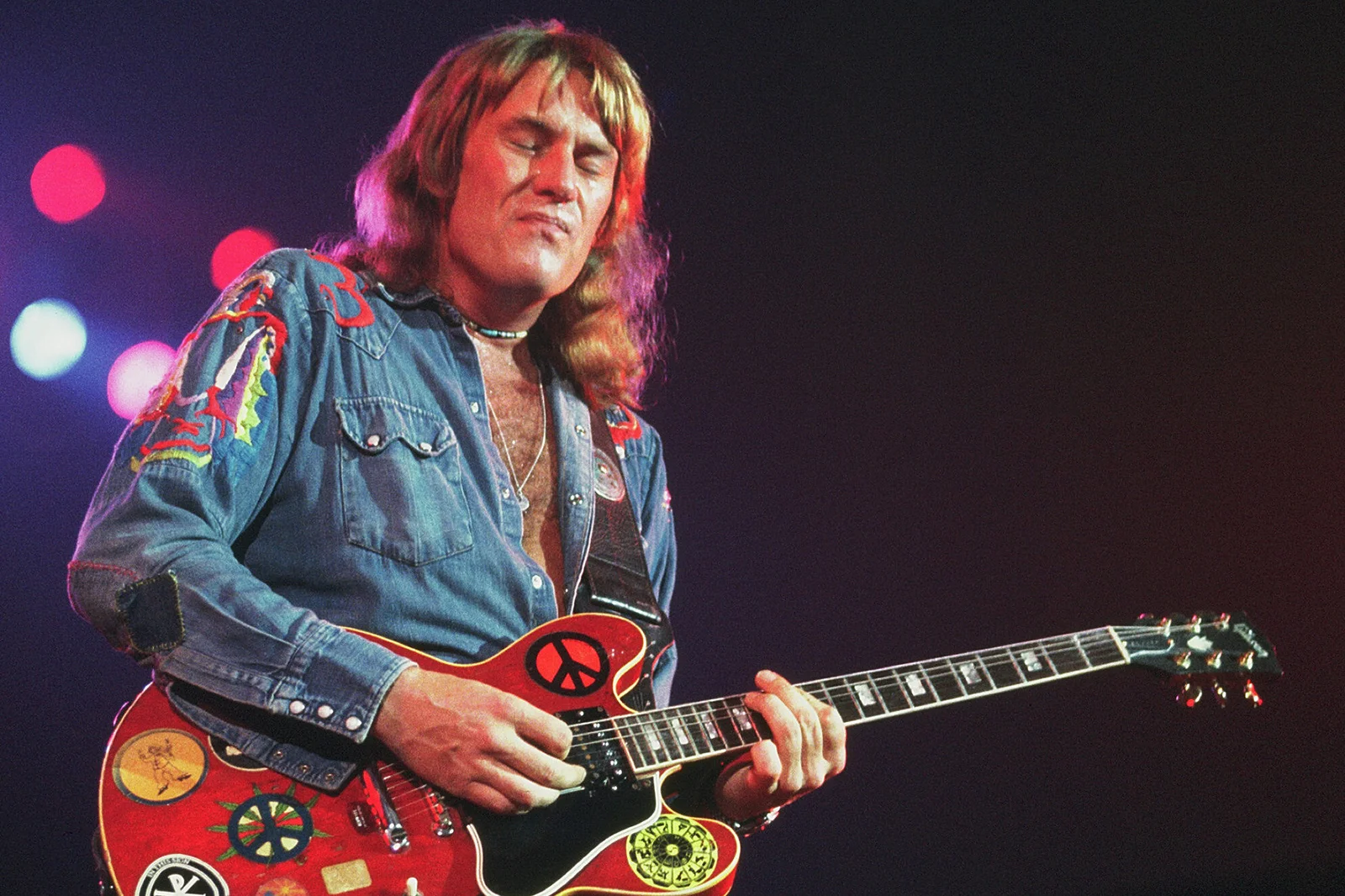
Alvin Lee wowed audiences at Woodstock with his blazing-fast guitar work in “I’m Going Home,” as part of Ten Years After. He was often labeled one of the fastest guitarists alive, and his playing became synonymous with the explosive, improvisational style of late ’60s and early ’70s rock. For a while, he was everywhere.
But Lee never seemed interested in the commercial side of things. He stepped away from the spotlight, preferring small venues and creative control over massive fame. Though he kept recording and performing, it was largely under the radar. When he passed away in 2013, many fans were surprised he had still been quietly making music all along.

